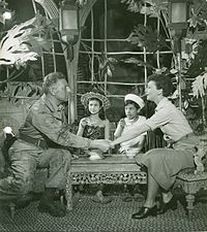 Nellie accepting her lover’s biracial children in finale of South Pacific.
Nellie accepting her lover’s biracial children in finale of South Pacific. Music is powerful. That’s why I like to write musicals. I think of the Rogers and Hammerstein musical South Pacific, and how, in 1949, its themes of interracial marriage were considered too risky for Broadway — until after the show had proven itself in London! I think of how nearly every song in that show made it to the Hit Parade on the radio: “Bali Ha’i”, “I’m Gonna Wash That Man Right Outa My Hair”, “Some Enchanted Evening”, “There Is Nothing Like a Dame”, “Happy Talk”, “Younger Than Springtime” and “I’m in Love with a Wonderful Guy.” The entire nation, racists and all, hummed happily along to the score of this musical.
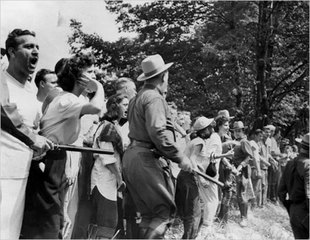 The Peekskill Riot in 1949 at a Paul Robeson concert in NY.
The Peekskill Riot in 1949 at a Paul Robeson concert in NY. The year before South Pacific premiered, segregation in the military and discrimination in civil service jobs were declared illegal, and the stage was set for one of the most powerful and violent civil rights movements in history. Did South Pacific reflect a collective readiness to confront racism, or did it actually serve as a cultural wedge to pry open the doors of consciousness? Audiences could not take those lush melodies and haunting lyrics to heart without also letting in the message of the play: Life is too short and too precious to waste it on artificial boundaries that prevent us from loving.

Responsibility, people.
But deuces/douches aside, what’s up with 99% of popular music being about sex or compulsion? Popular music appears to be one endless booty call. What effect does this have on us, that every earworm would direct our attention toward lust or codependency? And … as a true child of the sixties, I have to ask the question “Who benefits from that?”
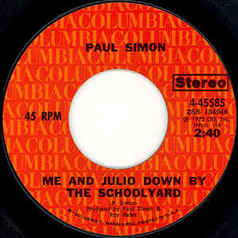
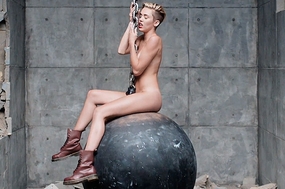 Because that looks so comfortable...
Because that looks so comfortable... But, seriously, orientation and gender aside, who benefits from a nation whose earworms are obsessed with sex? Aren’t there other things we could be singing about?
But… musicals… ah, musicals. This is a lyricist’s playground. Songs that reflect character, that move the plot forward, that are true to the dramatic moment. Songs that capture the feel of an era, or the flavor of a culture. And all of this filtered through the experience and personality of the lyricist.
The Sound of Music is a musical about appreciation of life, with lyrics by a man who was about to leave it. Here is Hammerstein right from the heart: “My days in the hills have come to an end, I know / A star has come out to tell me it’s time to go / But deep in the dark green shadows are voices that urge me to stay / So I pause and I wait and I listen for one more sound, for one more lovely thing that the hills might say.”
And he goes on to write about favorite things, about climbing every mountain, about having confidence, about having done something good in one’s life, about how love can survive…. And then he sums it all up with that single, simple white flower… “Small and white, clean and bright/You look happy to me…”
Hammerstein writes the songs that he is needing to hear. Romance, as opposed to lust. Romance — that feeling of excitement and mystery toward what one loves, in this case the natural world and its simple wonders.
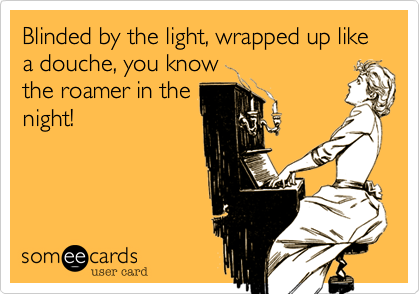
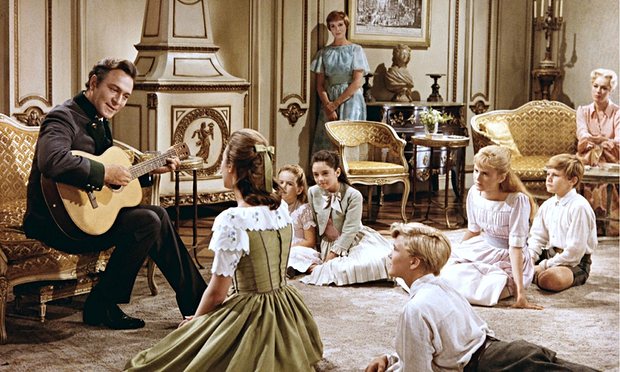
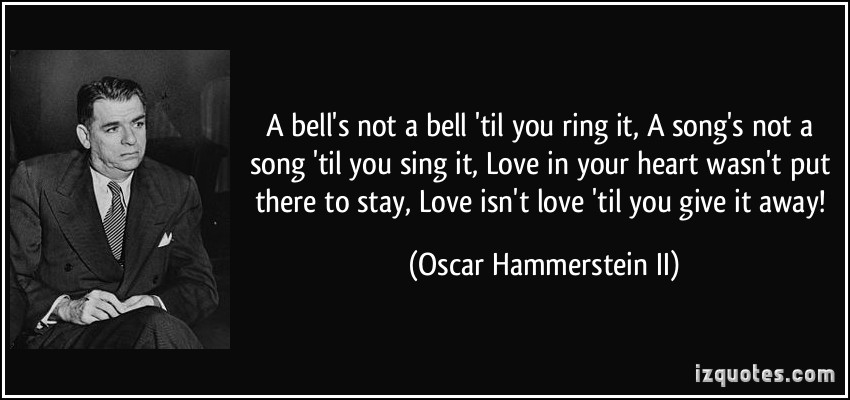
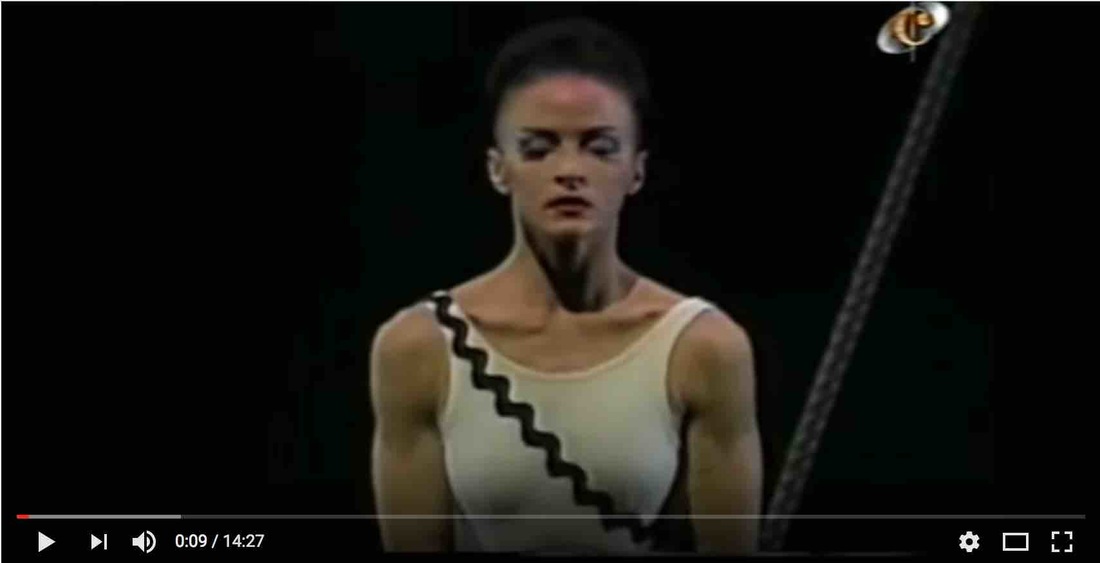
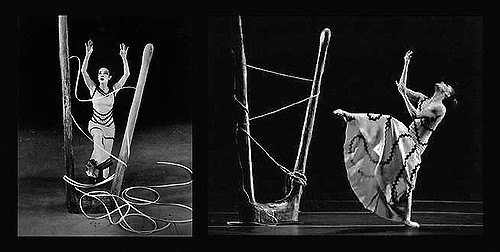
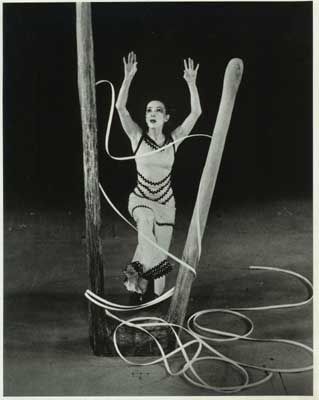

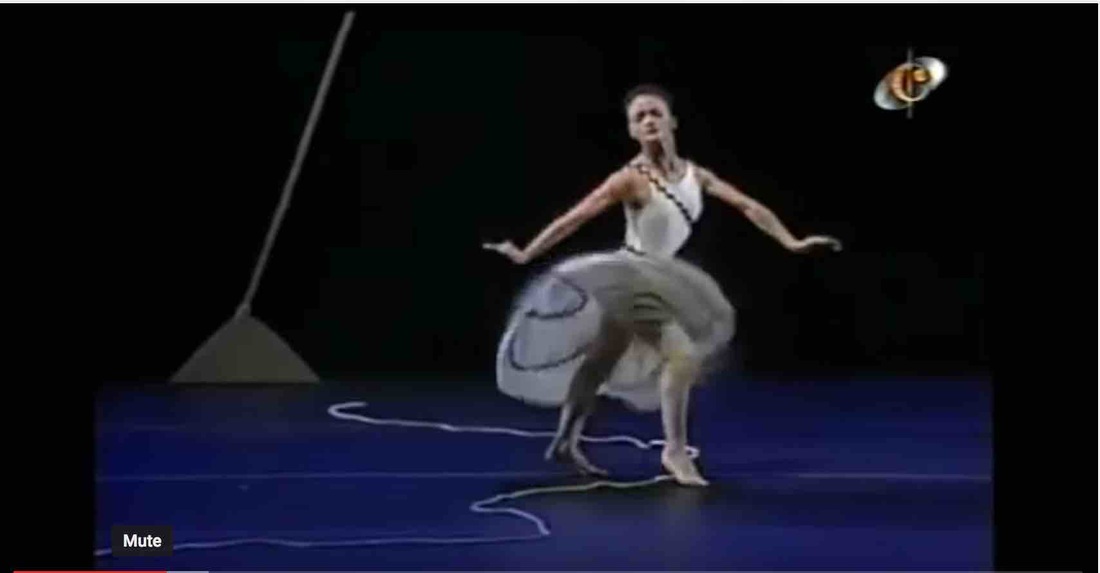
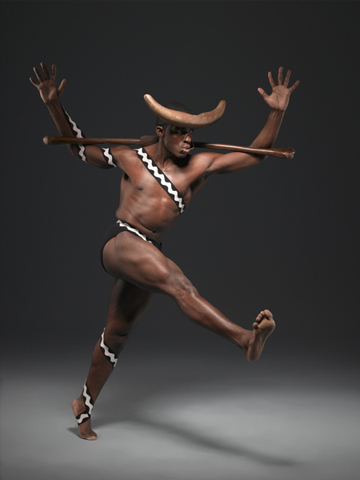
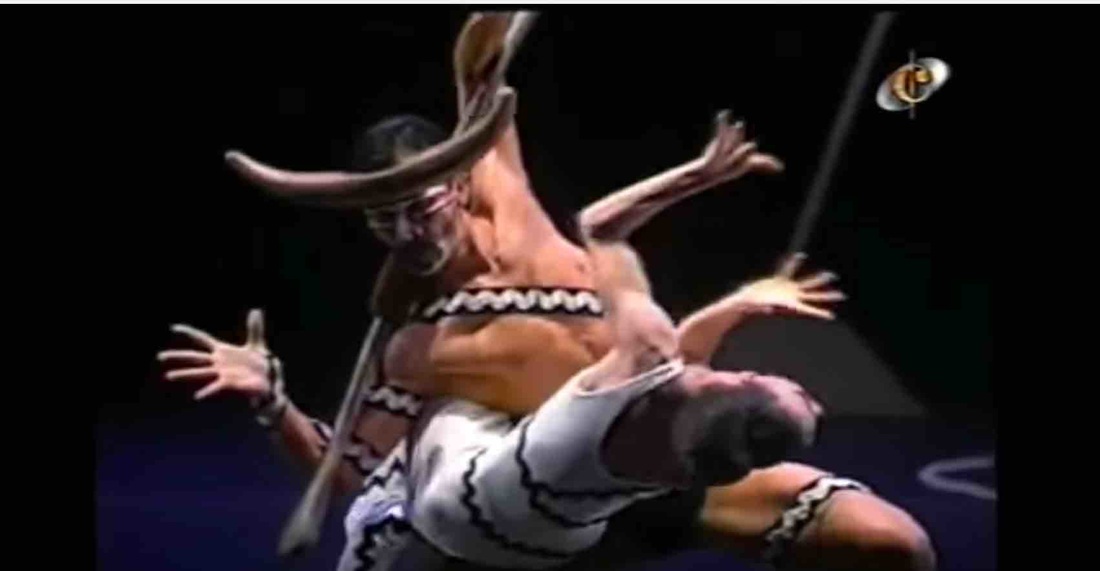

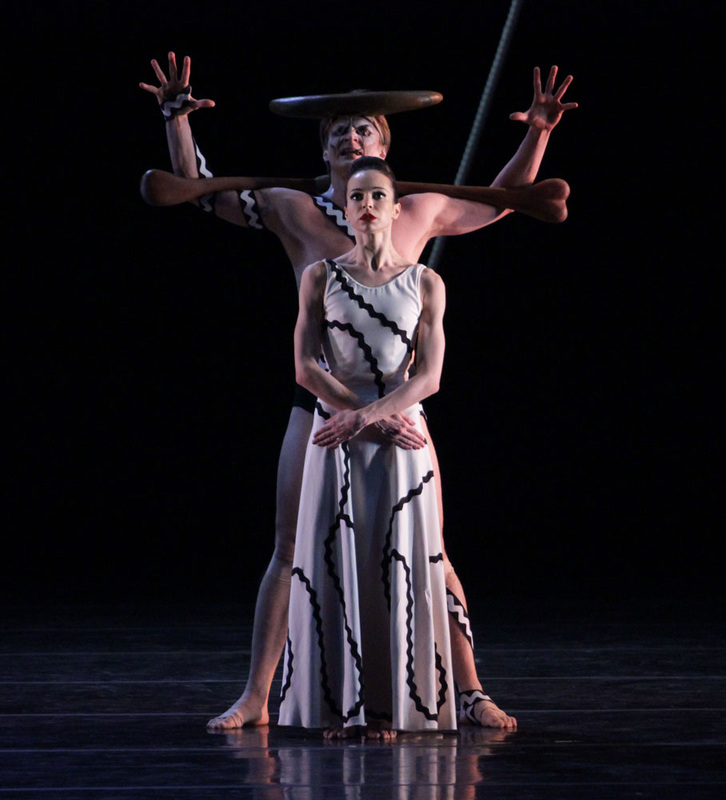
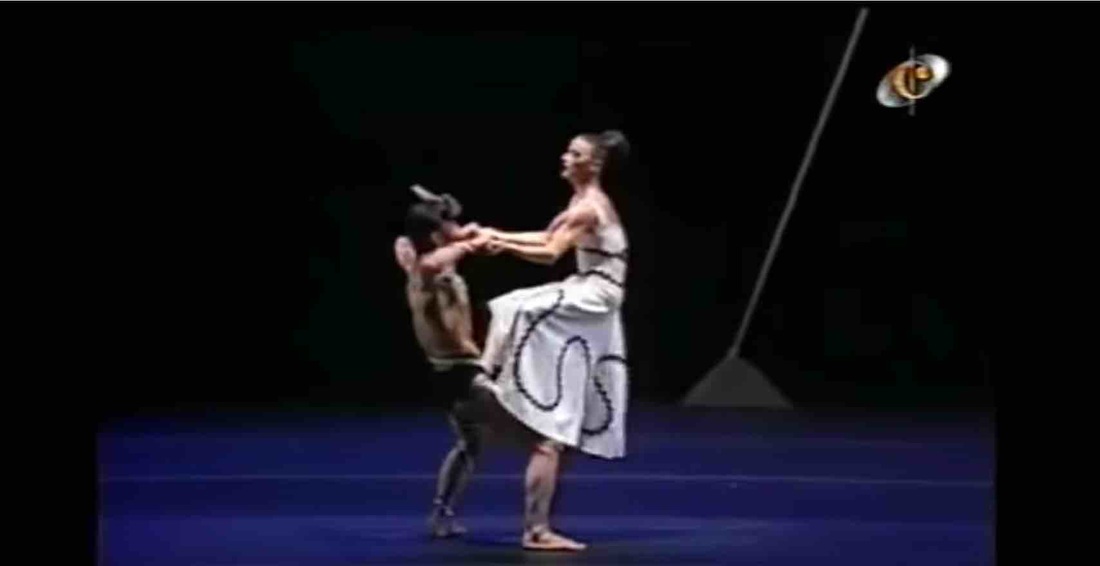


 RSS Feed
RSS Feed
